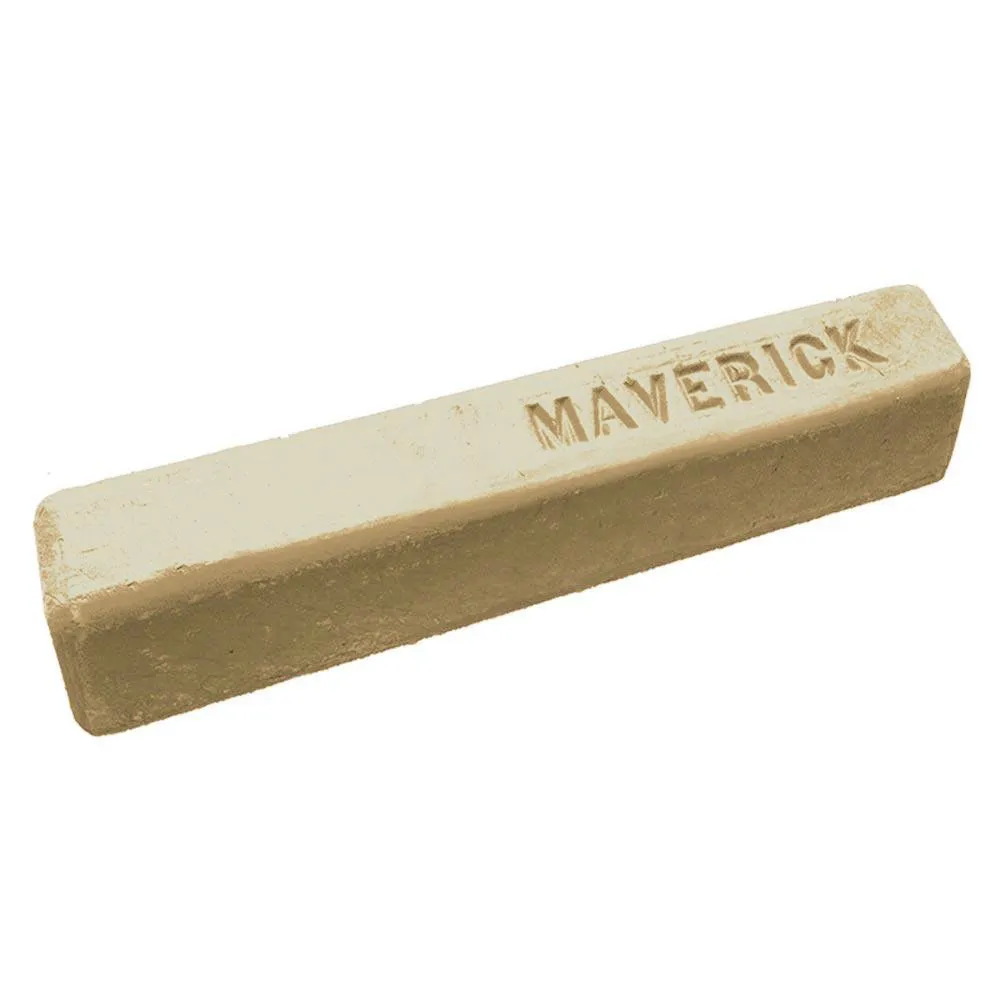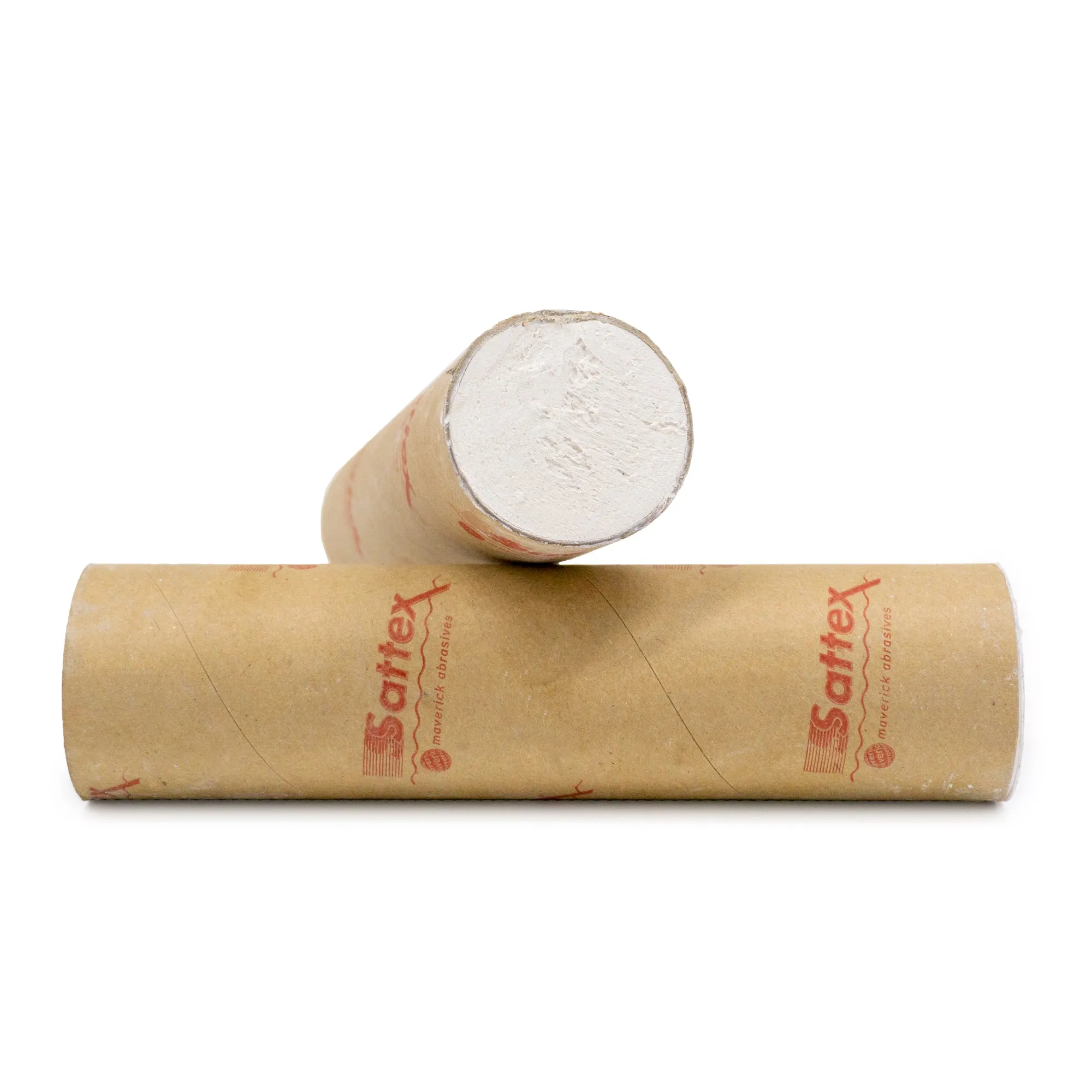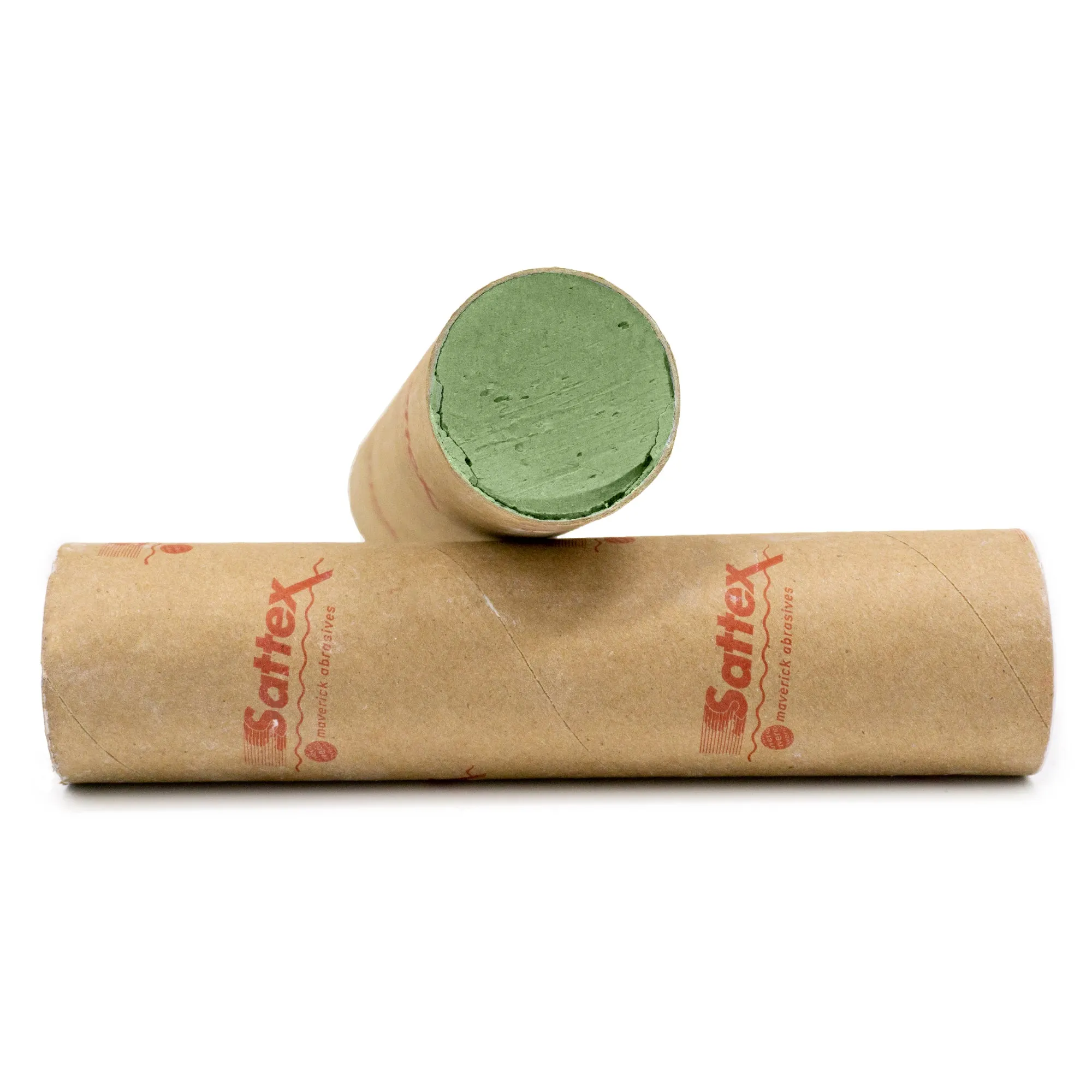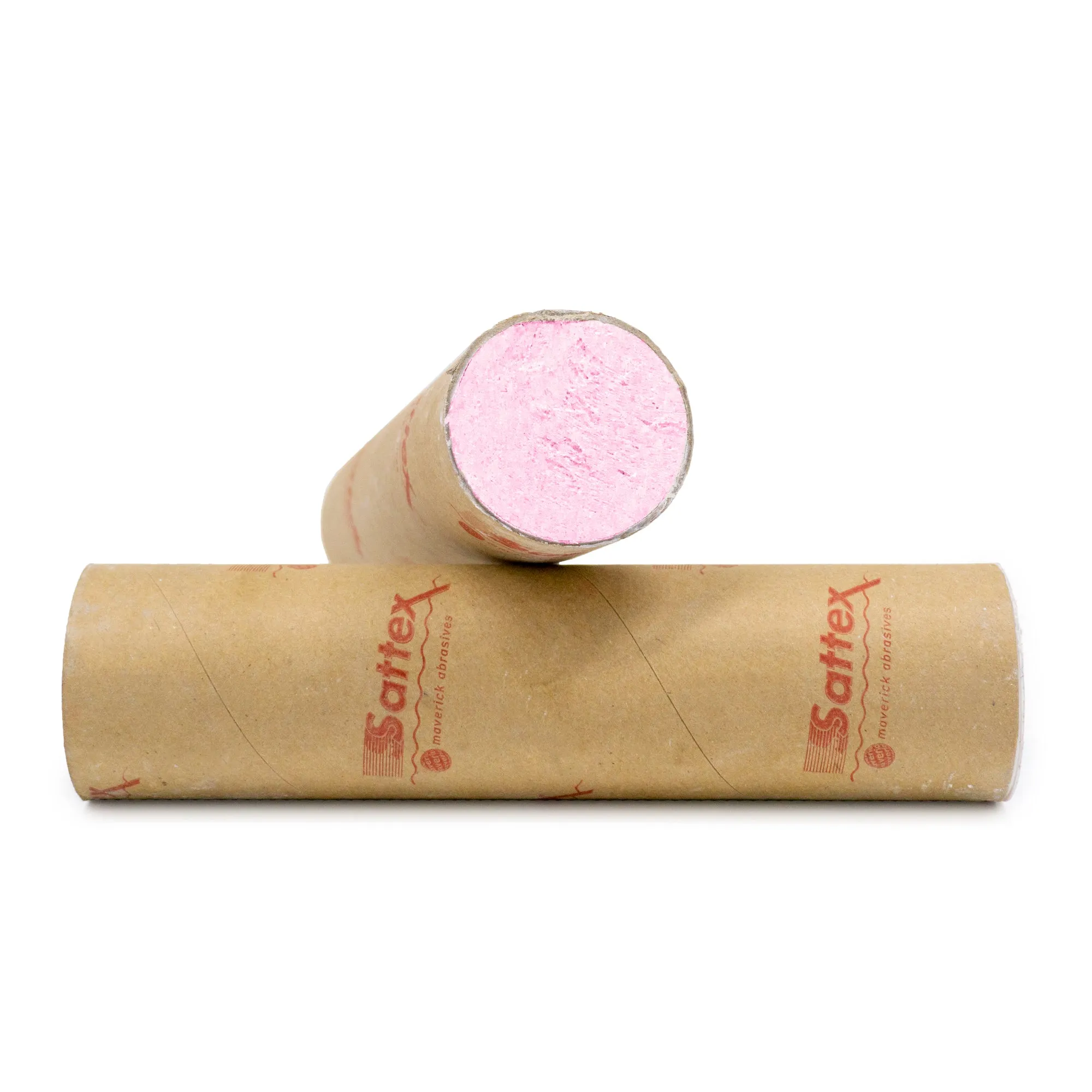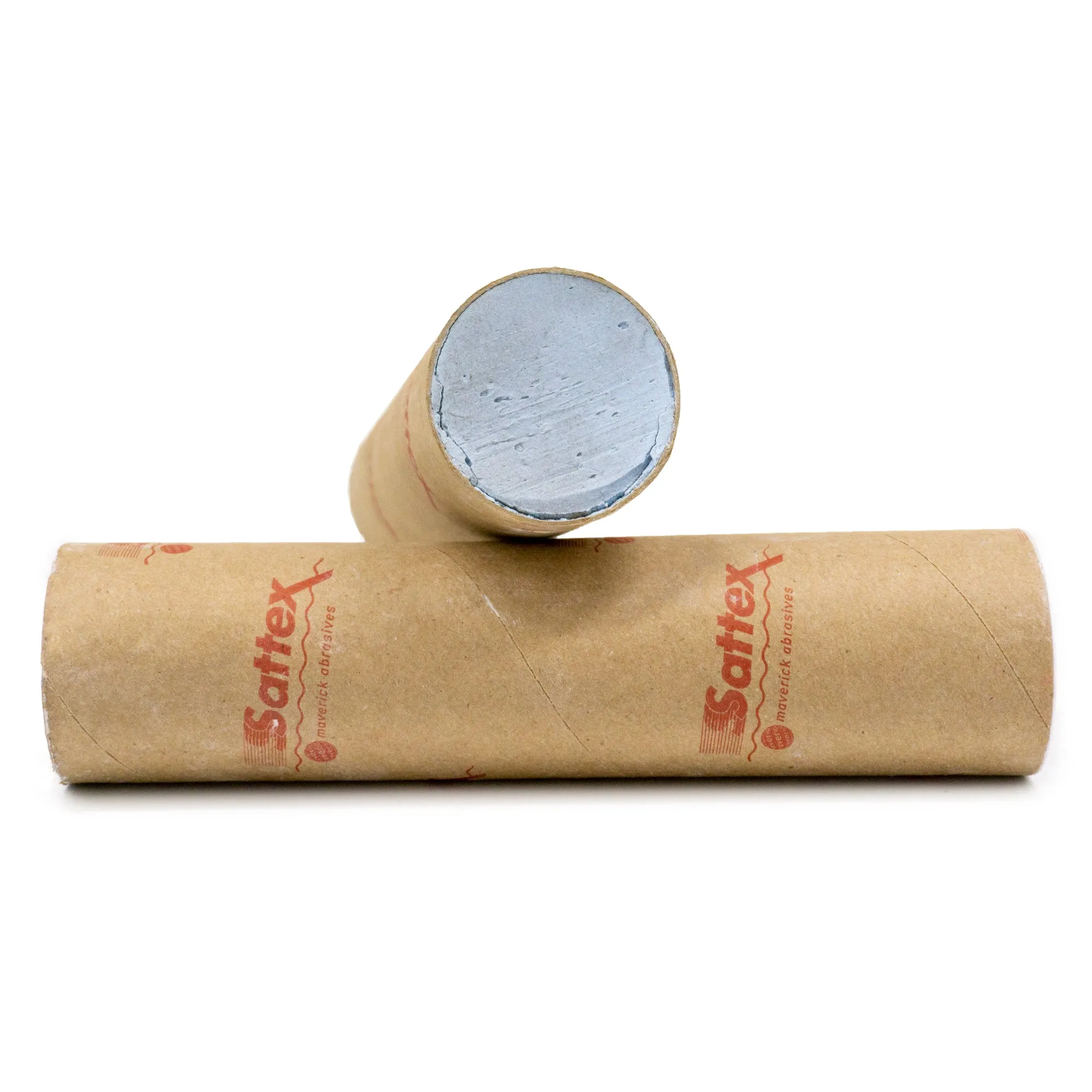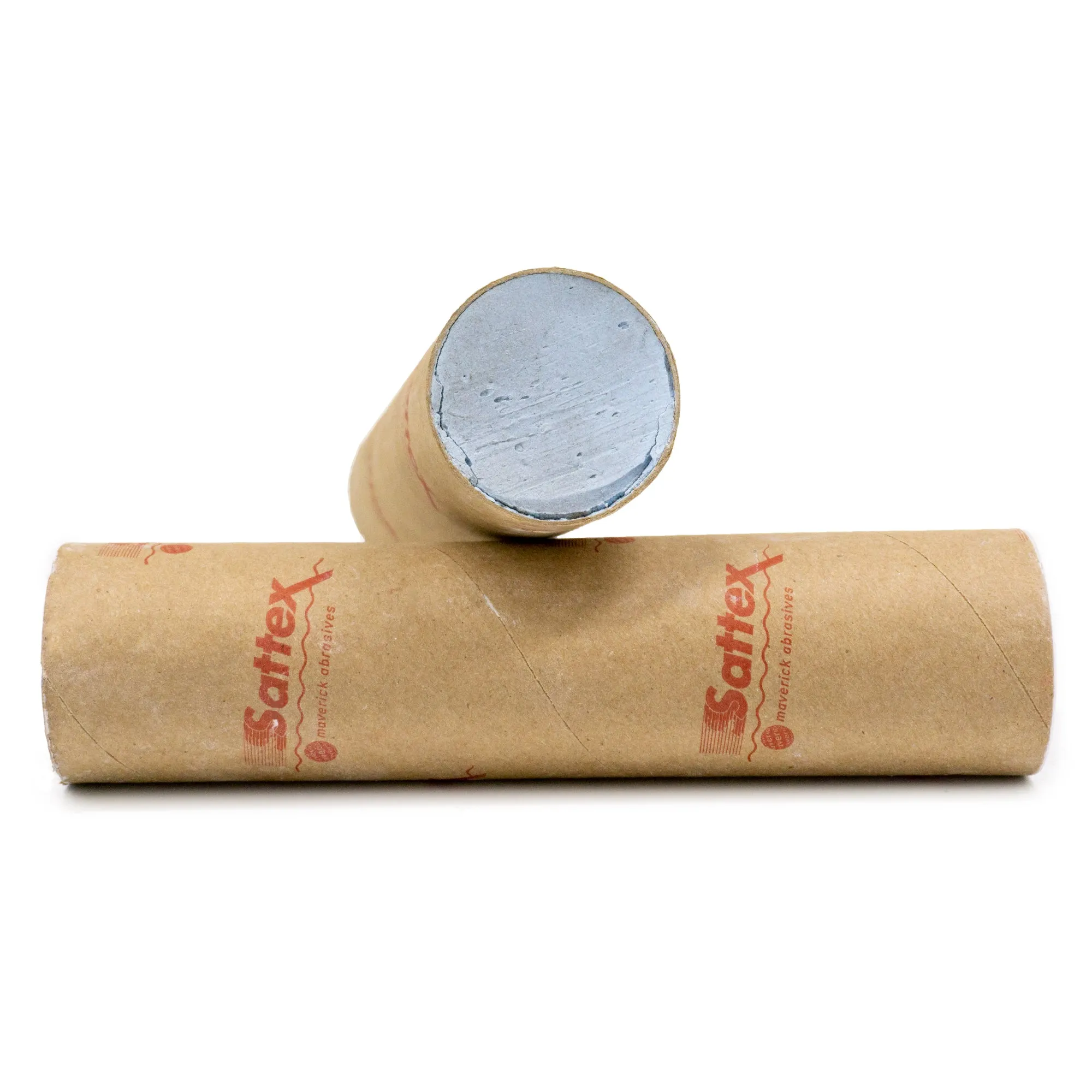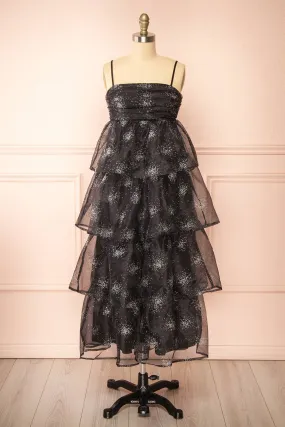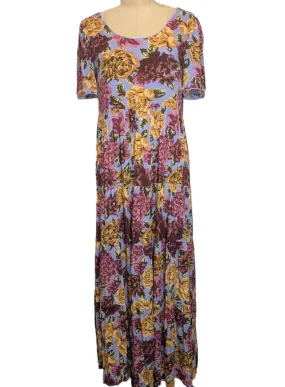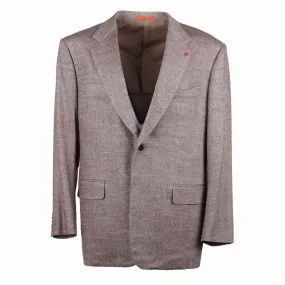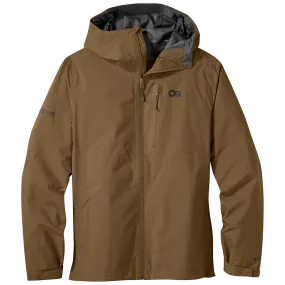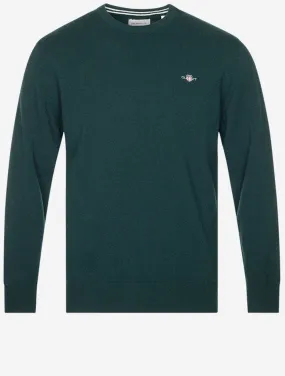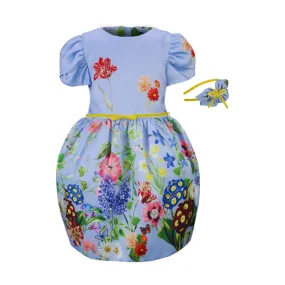Sattex Corporation Finishing Compound
Compounds for cultured marble, solid surfaces, plastics & fiberglass
Sattex Marine Finishing Compounds are available in six different abrasive grades. These compounds are ideal for removing oxidation, scratches, orange peel, and coarse sanding marks. Our compounds in addition to the "cutting" compounds, are used for an ultra high luster on composites, plastics, metals, natural stones and other solid surfaces. Maverick Abrasives acquired sattex corporation and its formulas, manufacturing machinery and customer base in 2015 after Sattex had went out of business. For large bulk orders please contact Garrett in the sales department at Maverick Abrasives.
When polishing/buffing with our SATTEX line, remember more is NOT necessarily better. Too much compound on a pad will be counterproductive and the part may appear cloudy. An excess of compound on a buffing pad does not allow the abrasive within to work on a part being buffed. Use the rake frequently to keep compound and residue to a minimum. If you are not familiar with these products, begin with a light coating on the pad to get the "Feel" and then increase the compound as required.
Proper mold maintenance using abrasives and polishing compounds:
Step 1: Strip release waxes
step 2: Sand to 600 grit
Step 3: Buff compound
Step 4: Clean mold
Step 5: Re-seal then re-wax !
2F Beige Brick / QuickCut / COQC-01 For Polishing Surfaces
- Most popular cut bar!
- Used as a first step cut bar in polishing operations
Our sattex formula of polishing compound is our most popular compound for polishing and finishing gel coat surfaces, natural stone, natural marble, composite surfaces and many others. This compound is exceptionally well suited for mold repair & refurbishing, removing oxidation, minor imperfections and enhances luster. In a nutshell, this is a fantastic polishing compound bar for your first cut on natural stone, marble & composites. This bar is a light brown in color and is our wet, yet aggressive cut bar. Our sattex formula 2-f has been around for 30 years and is known to be a workhorse for any composite or solid surface polishing operation. Pair this with a wool bonnet and right angle grinder and you are good to go!
WP-12 / FinishRite Blue / COFR-04 For Polishing Surfaces
- Most popular product
- Second Step final finish AFTER 2-F beige polishing bar
- Removes Orange peel, sandpaper marks & other imperfections
- Clean, High luster finish
- Can be used to polish fiberglass, cast polymer, composites and gel-coated surfaces.
Our finishing compound referred to as WP-12 is blue in color and is the second step in many operations after the 2F cut bar is used. The WP-12 is a final finishing & high luster bar that is used to remove orange peel, surface imperfections, scratches and sand marks on fiberglass, cast polymers, gel coated surfaces, solid surfaces, natural stone, natural marble and many others. This leaves a clean, high luster finish and is a staple product in the composite and solid surface industry.
WP-1 / FinishRite White / COFR-01 FOR Mild Cut On Surfaces
This white Sattex formula is a finishing compound with mild cut and a high finish for fiberglass, cast polymers, gel-coated surfaces and composite surfaces. This product will remove orange peel, minor scratches and sandpaper marks. In combination with a tradition cotton stitched buffing wheel OR a wool bonnet, this will leave a clean, high luster finish.
TWO-STEP POLISHING SYSTEM FOR CULTURED MARBLE, SOLID SURFACES, PLASTICS & FIBERGLASS:
Step 1: Grib brick/compound firmly. Hold against the rotating buffing pad and allow the friction to melt the compound. Apply sparingly. Reapply as needed. (Right angle grinder is usually used machine wise, a 7" or 9" rotary polisher.
Step 2: Take the buffing pad (with the melted compound on it) directly to the part. Any residue can be wiped off with a soft, clean cloth.
HOW FAST TO POLISH USING POLISHING COMPOUND & BONNET
Users should wear dust masks & safety glasses. Maximum RPM's should be between 1325 and 1750 on an angle buffer when polishing cultured marble, solid surfaces, plastics & fiberglass.
Best buffers for polishing natural stones & composites?
- The best 3,500 RPM polishing machine (PROS & BEGINNERS)
- The best 6,000 RPM polishing machine (PROS)
Do you need to wear a respirator when metal polishing?
Yes it is strongly recommended and even suggested it should be required to wear a respirator when polishing. We strongly recommend this respirator as it offers great protection and is affordable. You can buy it its only $ 40 and it will PROTECT you!
BEST $ 40

